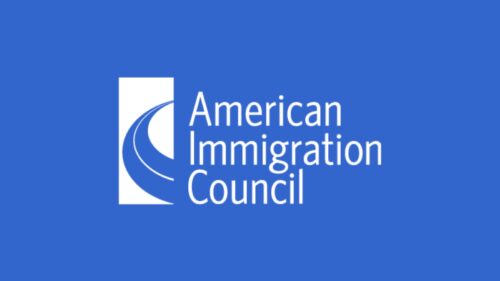WASHINGTON,—In a review of immigrants in America’s food supply chain, the American Immigration Council released a report that examines the impact and contributions of immigrant workers in the United States’ meat and dairy industries. The report, “Tending to America’s Food Supply: The Essential Role of Immigrants in America’s Meat and Dairy Industries,” found that immigrant workers play a vital role in producing America’s food, easing labor shortages, and stabilizing food prices.
Shortages and increasing costs plague grocery stores across the country while the Senate considers legislation that would reform the visa program for temporary agricultural workers. This report dives into the national labor shortage in the meat and dairy industries, examining the factors that have led to this situation, and discusses how immigration can alleviate labor shortages in non-seasonal industries such as meat and dairy.
“Meat and dairy employers rely on the H-2A and H-2B visa programs to fill jobs they are unable to fill with American workers. While these visa programs provide a temporary solution by supplying seasonal foreign workers, ultimately, they do not meet the needs of these non-seasonal industries. As workers reach retirement age and leave the workforce, the meat and dairy industries will be increasingly hard-pressed to find enough workers to meet demands,” said Andrew Lim, research director at the American Immigration Council. “If the United States is to stabilize its food workforce and prices, it should consider expanding temporary work visa programs and implementing other long-term employment-based immigration reforms. This includes providing a path to citizenship for millions of the undocumented farmworkers in the U.S. today to address the labor needs of the meat and dairy industries and the agricultural sector more broadly.”
The main findings of the report include:
- Over the past three years, the median advertised online wage for workers in the meat and dairy industries has risen 33.7%, from $14.95 to $20.00 per hour.
- Metropolitan areas with the highest demand for meat and dairy workers included Houston, Omaha, San Antonio, Austin, and Los Angeles; states with the highest number of postings included Texas, California, Iowa, and North Carolina.
- In fiscal year 2021, meat and dairy employers requested a combined total of 34,245 H-2A and H-2B workers—the U.S. Department of Labor certified 32,071 of those workers.
- Of those 32,071 temporary workers certified, 30,088 H-2A visa holders—more than 93.8%—work in the meat industry, typically hired to tend to livestock or maintain the machinery and buildings on the farm.
- More than 90,000 workers breed, raise, and tend to animals on farms, ranches, livestock yards, and animal confinement facilities across the country. One in five livestock workers, or 20%, are foreign-born, a significantly higher percentage than the national share of foreign-born workers for all industries combined, which is 17.4%.
- During the early days of the pandemic, the share of meatpacking workers who were foreign-born was 45.4%—28 percentage points higher than the average share for all industries combined.
- From 2017 to 2021, the number of unique online job postings for meatpacking workers increased by 86.4%. To mitigate the labor shortage, meat producers have called for the federal government to expand the H-2B visa program to allow year-round visas in addition to the seasonal visas allowed today.
- More than one in four transportation workers in the meat industry are foreign-born (26%), a higher share than that of all transportation workers combined (19.1%). From 2019 to 2021, the number of unique online job postings for transportation workers in the meat industry doubled (by 115%).
- Nearly one in five workers on dairy farms are immigrants.
This new data is one in a series of research pieces that will explore a variety of issues at the intersection of the U.S. economy and immigration here.
###
For more information, contact:
Maria Frausto at the American Immigration Council, [email protected] or 202-507-7526.

